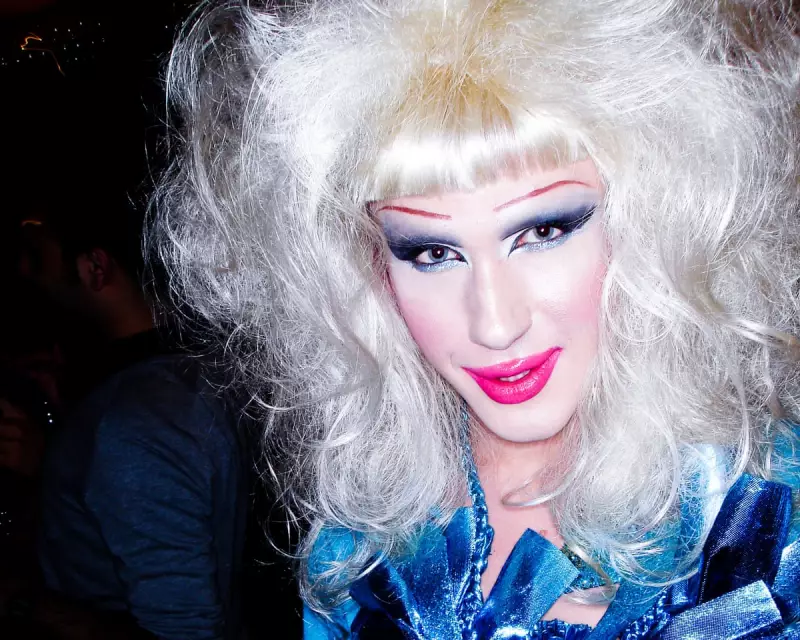
The moment of truth arrived in the quiet confines of a family car. The air grew thick with anticipation as the words every LGBTQ+ person carefully rehearses finally found their voice: "Dad, I'm queer." The response that followed would fracture a relationship and redefine a life.
The Confession That Changed Everything
For years, the author had meticulously constructed a version of herself that would be palatable to her conservative father. She pursued the right career, dated the expected partners, and played a role that felt increasingly alien. The weight of this performance became unbearable, culminating in that fateful car journey where authenticity finally triumphed over fear.
Her father's reply was as swift as it was devastating: "I find it hard to love you." Seven words that landed like physical blows, instantly rewriting the narrative of their bond. The foundation of parental love she had always assumed was unconditional revealed its limitations.
Navigating the Aftermath of Rejection
The immediate aftermath was characterised by a profound sense of grief and isolation. The author describes mourning not just the loss of her father's approval, but the death of the person she had pretended to be. The journey that followed was neither linear nor easy.
- The Initial Shock: The numbness that follows profound emotional injury.
- Anger and Resentment: Coming to terms with the injustice of conditional love.
- Seeking Community: Finding solace and understanding within the LGBTQ+ community.
Finding Strength in Chosen Family
As the relationship with her biological father remained strained, the author discovered the revolutionary power of chosen family. Friends, mentors, and fellow queer individuals became the pillars of support her blood relatives could not provide. This network offered a different model of love—one based on acceptance rather than obligation.
"The family you choose can sometimes love you more fiercely than the one you're born into," she reflects, highlighting how these relationships became instrumental in rebuilding her self-worth.
A Path Towards Healing and Understanding
Years later, the author examines the complex emotions surrounding her father's rejection with newfound perspective. While the pain never fully disappears, it has transformed into a source of strength and empathy. She acknowledges her father's limitations as products of his generation and upbringing, without excusing the hurt he caused.
The essay serves as both a cautionary tale and a beacon of hope for others navigating similar terrain. It underscores a painful truth: that coming out remains a risky proposition for many, even within their own families. Yet it also celebrates the resilience of the human spirit and the possibility of creating a fulfilling life on one's own terms.
Ultimately, this is a story about the courage it takes to live authentically in a world that often demands conformity. It's a testament to the fact that while we cannot control others' reactions to our truth, we can always choose to love ourselves enough for everyone.





